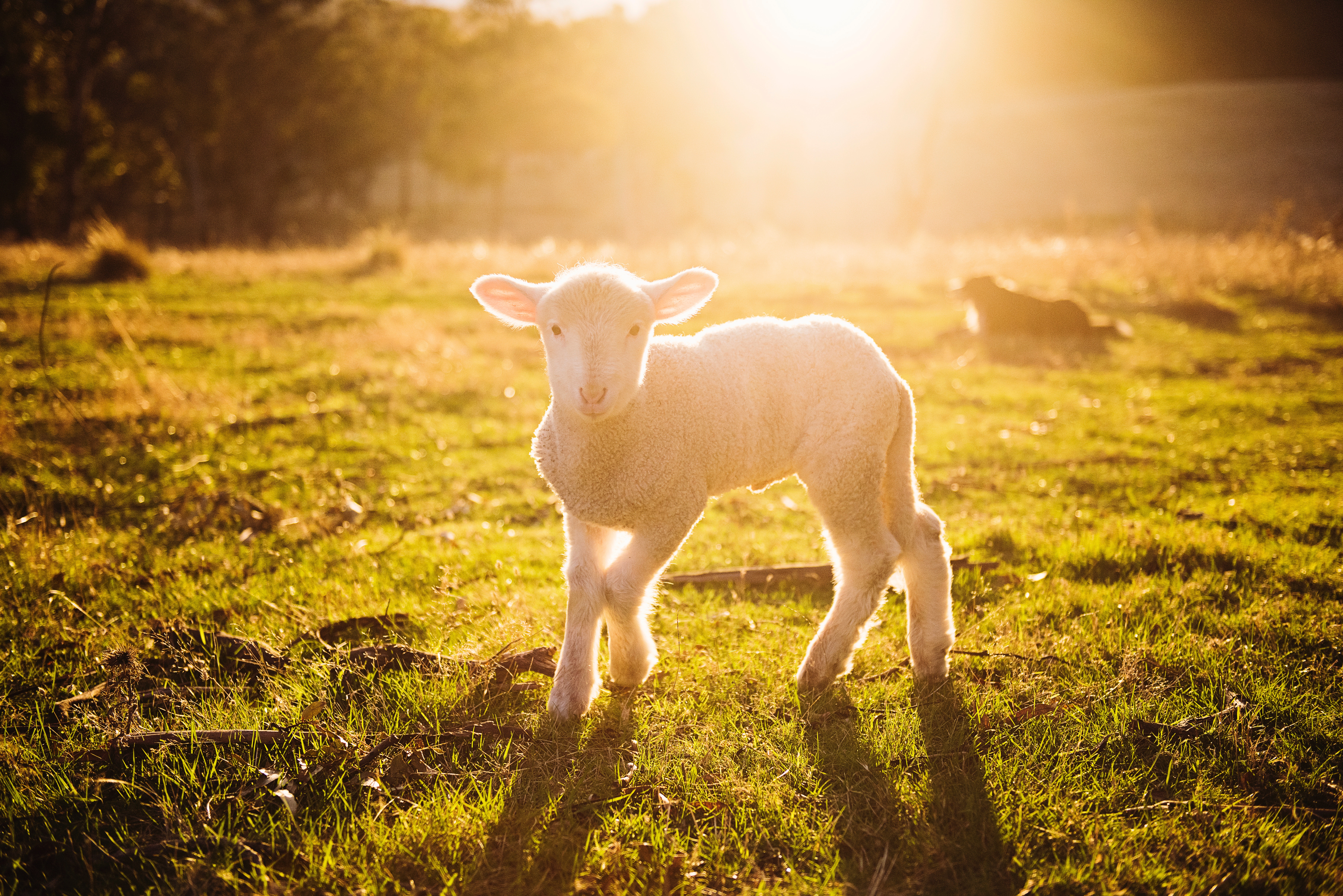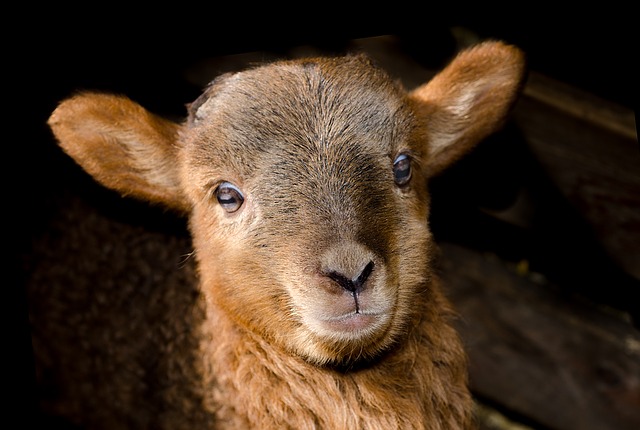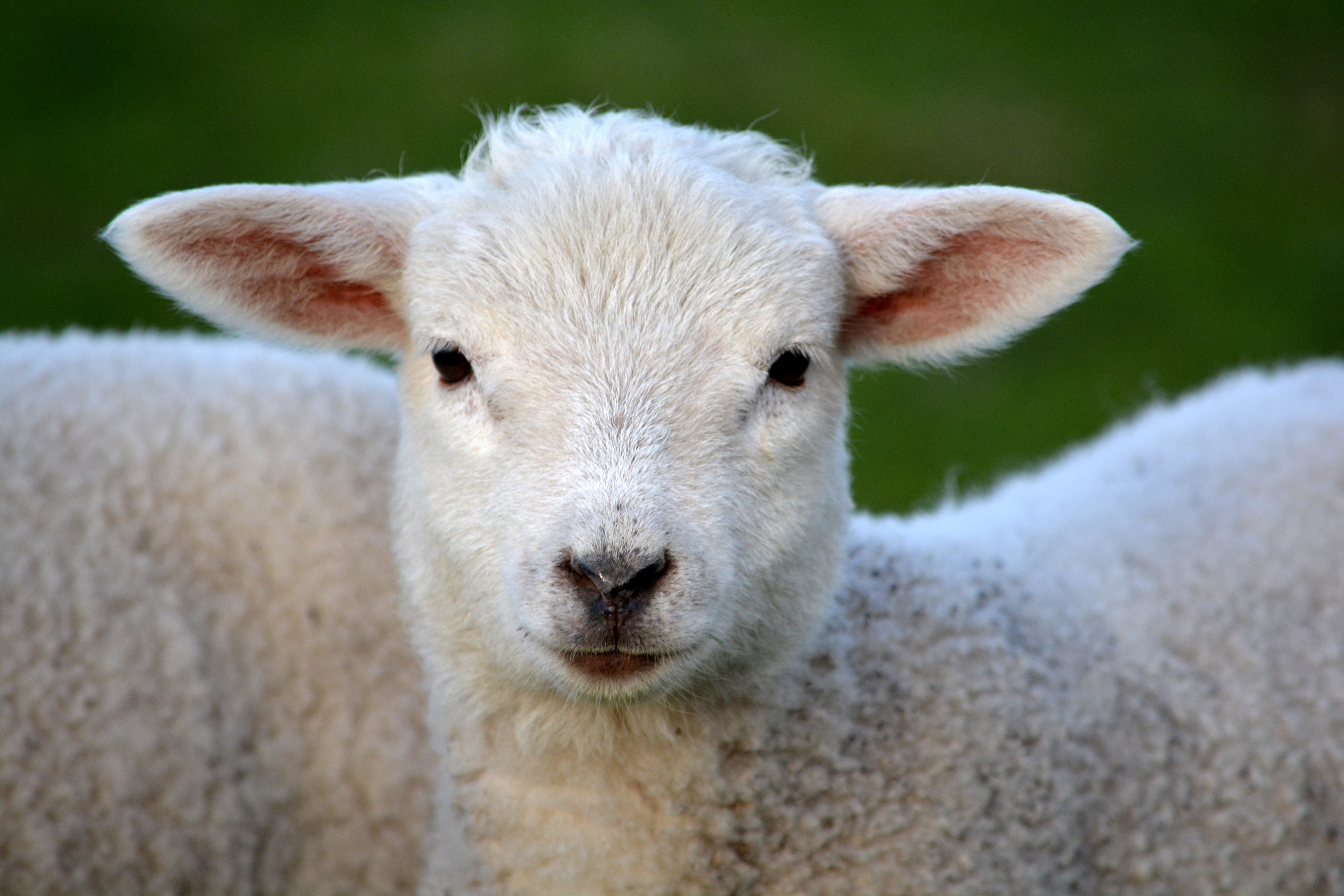
Take part in a Lambing Experience with Wigwam® Holidays
The days are growing longer, brighter and warmer. With Spring just around the corner, we can feel ourselves unfurling from the cocoon of the sofa. Thoughts turn to the great outdoors and for us, that can mean getting down to a farm and learning about the lambing activities on offer. A true springtime adventure!
For many people, Spring is their favourite season. As the dark, grey days of winter start to shrink back, Spring colour tiptoes and skips into our gardens, parks and woodland areas. Our thoughts turn to bursting outside with family and friends; to blowing away the cobwebs and feeling part of the brighter, fresher, natural world.
Meet and feed the lambs down on the farm
Getting outside and walking in nature gives us such a great boost. Suddenly, there’s so many options for fun things to do - trips to the park, woodland walks, climbing hills, picnics, camping, cycling. It’s all there waiting for us to enjoy. Best of all though, is a trip to the farm. Is there anything more life-affirming, hopeful and joyful than witnessing new life in all its glory down on the farm? We can pretend we love going because the children enjoy it, but really - young or old we love the farm because it’s fun!
The squelch of mud underfoot, the sheer size and scale of the machinery and the chance to see newborn lambs are enough to convince even the grumpiest member of your family into the car for a day of springtime fun.

Lambing season in the UK
It’s a busy time on the farm during lambing season (especially on farms where goats and cows are also reared). With so many ewes ready to give birth, the farmer is on hand 24 hours a day to make sure the lambs survive, and to ensure each lamb is successfully latched to its mother. As much as it can be a magical time on the farm, it does come with stress and tension, which explains why some farmers make the decision to temporarily shut the farm down to the public during this fragile time. If you do fancy a trip to the farm, don’t forget to check ahead to make sure you would be welcomed.
Local lambing activities near you
If farms close down for lambing season, what does that mean for those of us looking to get more up close and personal with the animals? Thankfully, there are still lots of farms who host lambing activities around the UK. A quick search on the internet will bring up a few options in your area.
Lambing activities differ from farm to farm, but often include ‘meet the farmer’ sessions, tractor rides and you might even find that you get a chance to feed the lambs or milk the ewes.
Farms that host special lambing, calving and kidding spring-time events often promote these activities months in advance. These events are very popular and are often ticketed so get in there fast if you’d like to take part.

Camping and glamping during the lambing season
One of the things we love about being on the farm is the fresh air, the quiet and the chance to enjoy the peaceful, lush countryside. Sometimes, our need to be in the great outdoors means we don’t want to share that space with lots of other people and little ones can feel disappointed if they have to share their lamb time with other people!
If that sounds like you, then you’ll be glad to know that some farms provide accommodation so that you can have a more personal experience. Glamping pods and Wigwams® are set onto the beautiful farmland - which opens up a whole set of possibilities for you during lambing season.
Guests are given special access to the farm and the animals which are not usually granted to the public. This means you and your family can enjoy the tranquillity and peace of the countryside. You can bond with the animals by helping at feeding times and take bedtime walks around the fields to say goodnight to the sheep. Best of all, you will wake up bright and breezy with the first sounds of the farm all around you.
A unique family adventure
Taking a springtime break on a working farm is a fascinating way to learn about country life and gives you a unique opportunity to enjoy a special side of the farm that you would miss on a day trip. You might even get a personal ride on a tractor if you ask very nicely!
Do you love the idea of spending a few days on a beautiful, bustling and busy farm, meeting the newborn lambs and enjoying the tranquillity of a countryside escape? We’ve highlighted some of our favourite Wigwam® Holidays working farms so you can do just that.
HOW MUCH DO EWE* KNOW ABOUT LAMBING IN THE UK?
Feeling SHEEPish about your lack of lambing knowledge? Do EWE want to impress your friends and family before you go on your lambing break? Here are ten facts you might not have known about our fluffy friends…
It’s common for a ewe to have between 2 and 4 lambs at a time. Hillside farmers prefer their ewes to have single lambs as it’s easier to birth them and ensure they are safe on the steep terrain.
Ewes are fertile only once a year and tupping begins in early Autumn so lambing season coincides with the warmer weather.
Healthy lambs can stand and walk within minutes of being born to join their flock.
Sheep are the first animals to be domesticated by humans, and it all began 10,000 years ago in Central Asia.
The wool on domesticated sheep does not shed and will grow forever if they go unsheared.
A wooly face affects a sheep’s vision and has a poor sense of depth - which is why they avoid shadows and prefer to walk towards the light.
There are more sheep in Scotland than there are people.
Government guidelines recommend that pregnant women keep away from sheep during their pregnancy due to the possible risk of infection.
A sheep has 4 stomachs for breaking down the enzymes in their diet
Sheep have rectangular pupils which means they have nearly 360 vision.
There’s lots more to a Wigwam® Holiday glamping break than lambing (though nothing is quite as cute!). Check out our brilliant, fun guide for ideas for things to do this easter thats soon to be published.
*Yes, we really did just go there…

